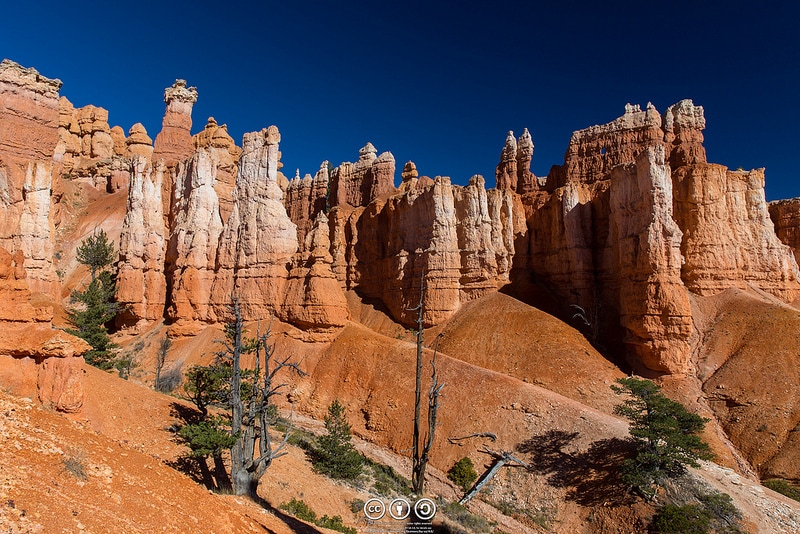| Knowing how I geek-out at such things, a neighbor recently gave me a box of old papers and clippings from the distant Deseret News past. Amid the yellowing pile, my son picked up an intact sports section the other day, dated Oct. 18, 1947, with the intent of showing me photos of guys in old leather football helmets. Instead, I focused on an op-ed on the “field and stream” page. It was by a Forest Service official who opposed the idea of turning federal lands over to |
| | the state. Stop me if you’ve heard this one before. Maybe life really is so serendipitous that I could reach into a newspaper haystack and find the op-ed equivalent of a needle on the first try on the very week when Donald Trump prepares to assume office and carry the lands debate to new levels of uncertainty, but I doubt it. I probably could reach my hand into any pile of Utah papers over the last century and find something similar. If you don’t believe me, remember what state officials pulled out of a time capsule last fall that had been buried in the walls of the State Capitol for a century. One of the mementos our ancestors left was a newspaper with headlines about Western governors meeting to discuss taking control of federal lands — in 1914. This isn’t a new rodeo, and today’s state politicians aren’t the first to get tossed around by the bucking bronco. But we may have reached a rare lull. This year’s Legislative session in Utah, which starts Monday, likely will be missing the “message” bills intended to show Washington how unhappy the state is about the federal ownership of land. That’s because, for the time being, the White House is a big question mark. “There’s a lot of things the legislature might do once we get the flavor of the Trump administration,” Utah Senate President Wayne Niederhauser told me, “but we won’t know that for six months or two years, so I don’t see a lot of things happening this session.” “Flavor” is a good word to describe what has been coming from the president-elect lately. Other than trying to change President Obama’s designation of a Bears Ears Monument in Southern Utah, lawmakers, it appears, will leave lands alone. The question is whether six months to two years will be enough to bring any clarity. As McClatchy reported last weekend, Donald Trump once told Field and Stream magazine he opposes turning federal land over to states. “I don’t like the idea because I want to keep the lands great, and you don’t know what the state is going to do,” he said, echoing a common refrain from environmentalists and other opponents. His pick for interior secretary, Rep. Ryan Zinke, R-Mont., seemed to share that view. That is, until he voted two weeks ago to remove a requirement that Congress must reduce spending elsewhere in the budget to compensate for any ownership transfers of federal lands. To those who oppose state control of federal lands, that was the equivalent of suddenly hopping on that bucking bronco. A lawyer for the Natural Resources Defense Council told McClatchy, “I am very worried.” Actually, there are plenty of reasons to be worried, no matter how you feel about Broncos, which is why this issue has no easy solution. States make good points when they talk about lax control by Washington bureaucrats or how wrong it is to tie up valuable natural resources that could aid local economic development. But owning and managing all that land might not make local taxpayers happy. A study Utah lawmakers commissioned three years ago found the state would profit from such a deal only if it could get 100 percent of the royalties from energy extraction, and only if the price of oil stayed above $62 per barrel. As I write this, oil is about $56 per barrel. It hasn’t been above $61 since that study was written in 2014. My guess is our children’s children still will be reading about the latest twists and turns in this struggle long after we’re gone. |


 RSS Feed
RSS Feed

